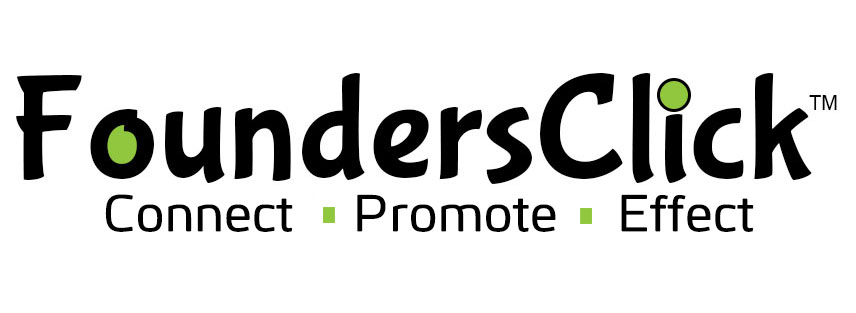Clients often contact me when they have a job interview lined up. They think that doing a practice session with me would unfreeze their interview skills and make them more ready to ace the finer aspects of acing an interview. Many also come to me for ready answers to some of the common “HR” questions. These questions typically include, Where do you see yourself in 5-10 years; What are your strengths and weaknesses, and how do you deal with them; have you ever fired anyone; etc.
The interesting thing I learn from these sessions is that regardless of what level of client I am dealing with, when it comes to doing interview practice, they ALL struggle with the same issues. So, when I ask someone at the CEO level the icebreaker question, Tell me about yourself, their struggles with the response to this question are not that different from someone in middle management moving up, or even someone in the individual contributor (IC) role making a lateral job change.
Why does this happen?
One theory that I have is that most people in the position are not able to surrender their self-identity and provide an answer that is authentic yet that is aligned to the needs of the interviewer. This is an extension of the mindset that results in a typical résumé, which is more about what you have done than it is about what an employer needs to fit the open position.
So, typically they will start by listing their antecedent credentials such as what degrees they have why they chose those and what were their sub-specializations before they segue into their first job and detail out their path from there on. The worst responses start with, I was born on farm in Kansas, with some details about their family etc. They do not get the hint as the interviewer impatiently looks at their wristwatch and yawns as they continue their life’s history.
So, what is the right way to answer this question? Well, there is no ONE way to respond to this query, but if you shift your mind to ask yourself, why is the interviewer asking this question in the first place, you may have a clue on how to respond to this first query.
First and foremost, this is an icebreaker question. What this means is that the interviewer is trying to put you at ease (Oops!) and start the dialog on some neutral ground, and with which you would be able to build your own story to segue into a more detailed exploration about your fit for the job in question. In almost all cases it has an exact opposite effect. Instead of putting you at ease it can corner you in the most awkward way if you are not sufficiently prepared with the right response. Lack of preparation to respond appropriately to this opening can also set traps for yourself that may be showstoppers for you later in the interview.
So, what is the best way to respond?
Here is my guidance:
First, remember that what the interviewer is asking is not because they are interested in you, but because they’re MORE interested in what you can do for them in the job they are trying to fill. So, instead of focusing on YOU, focus on THEIR needs and what the ideal candidate will bring to the job. Them frame your response in a brief but compelling way to open to door for more studied inquiry and deeper conversation about their needs and what your skills are to meet those needs.
As an example, let us assume that you are in an interview for a software project manager role. The suggested response to the icebreaker question can be: “I am an experienced software project manager, who understands how to translate customers’ product requirements into project plans and then execute those plans to deliver the product on time and on budget. I have led projects throughout the past 10 years in organizations, large and small, leading cross-functional metrixed teams as large as 50 people, including offshore teams.” Of course, this response needs to sound natural and suitable for an oral delivery.
It is best to not cram ALL your details in the first response. Keeping the first response to about 30-45 seconds works best because then it sets the rhythm for the exchange back and forth. So, now the interviewer can ask the logical next question: How long were these projects or When was the time when your release was late and why?, etc.
Keeping the response to the first query concise and relevant to the discussion at hand allows you to explore more as the interview progresses and shape your responses are in line with what the interviewer is most interested in. Saying the minimum initially and expounding on items that are relevant and important to the interviewer later on allows you to parry appropriately when you are able to know more about what the interviewer’s real needs are. If you say too much at the outset without knowing what is relevant and important to make the candidate selection then it is difficult to back track and repair the damage you may have inadvertently done to your success.
Doing a good interview, especially starting with the response to most dreaded question, Tell me about yourself, requires plugging your mindset into the interviewer’s and then metering your responses in a back and forth exchange that allows you to first understand their direct needs and then shaping your responses to deliver them. It is easier than it appears.
Good luck!

 SkillClick
SkillClick
